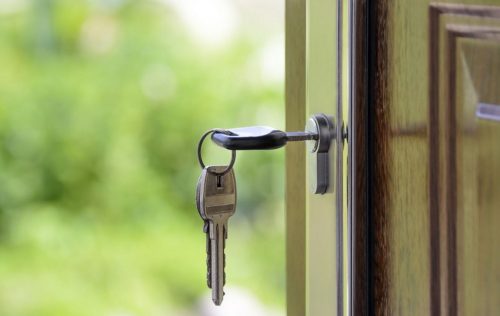UK house buyer numbers fell to the lowest level they have been for nearly 3 years in July – the month following the Brexit vote to leave the EU.
A National Association of Estate Agents (NAEA) report shows that despite supply being marginally higher in July, demand is at the lowest it has been since November 2013.
House buyer levels are also a third lower than they were in July last year, while the proportion of first time buyers clinching deals is slightly lower than they were last month.
 A report from the National Association of Estate Agents shows that UK house buyer numbers in July, following the Brexit vote to leave the EU, fell to the lowest they have been for nearly 3 years.
A report from the National Association of Estate Agents shows that UK house buyer numbers in July, following the Brexit vote to leave the EU, fell to the lowest they have been for nearly 3 years.
The report uses figures from branches of the NAEA. These show:
– the average number of prospective house buyers in July was 298, a 10 percent drop from June’s 330
– the last time it was this low was November 2013 (average 292 house hunters registered per branch)
– this July’s level of registered house buyers is some 35 percent lower than it was in July last year (462 average per branch)
– housing supply increased slightly from an average of 37 properties available per branch in June to 38 in July.
It appears that the July drop in house hunters has been reflected in a dip in houses selling for the original asking price.
In July, an average of eight out of every ten properties were sold at less than the original asking price, some 8 percent more than in June.
The proportion of first-time buyers among house purchasers in July was 25 percent, compared with 30 percent in June.
There was no change, however, from June to July, in the number of sales per member branch, the average stayed at eight.
Has there been a Brexit effect?
NAEA say around a third (31 percent) of estate agents report seeing no changes in the housing market due to the Brexit vote, and as far as they are concerned, it is “business as usual.”
Another 31 percent also note there has been no change in the numbers of foreign investors looking to buy property in the UK.
Mark Hayward, NAEA Managing Director, says:
“We expected to see uncertainty in the immediate period following Brexit and during the summer
months the market always quietens down, so we are optimistic that the housing market will spring
back into full swing in the coming months.”
A recent report by Britain’s biggest mortgage lender, the Halifax, shows the number of first-time buyers in the first half of 2016 was 10 percent higher than in the same period in 2015, bolstering the idea that record low mortgages are persuading them that buying is a better option than renting.
It remains to be seen if the dip in July is a sign of things to come or if, as Hayward predicts, UK house buyer numbers will pick up again in the next few months and shrug off the Brexit effect, as the UK tourism market appears to be doing.
